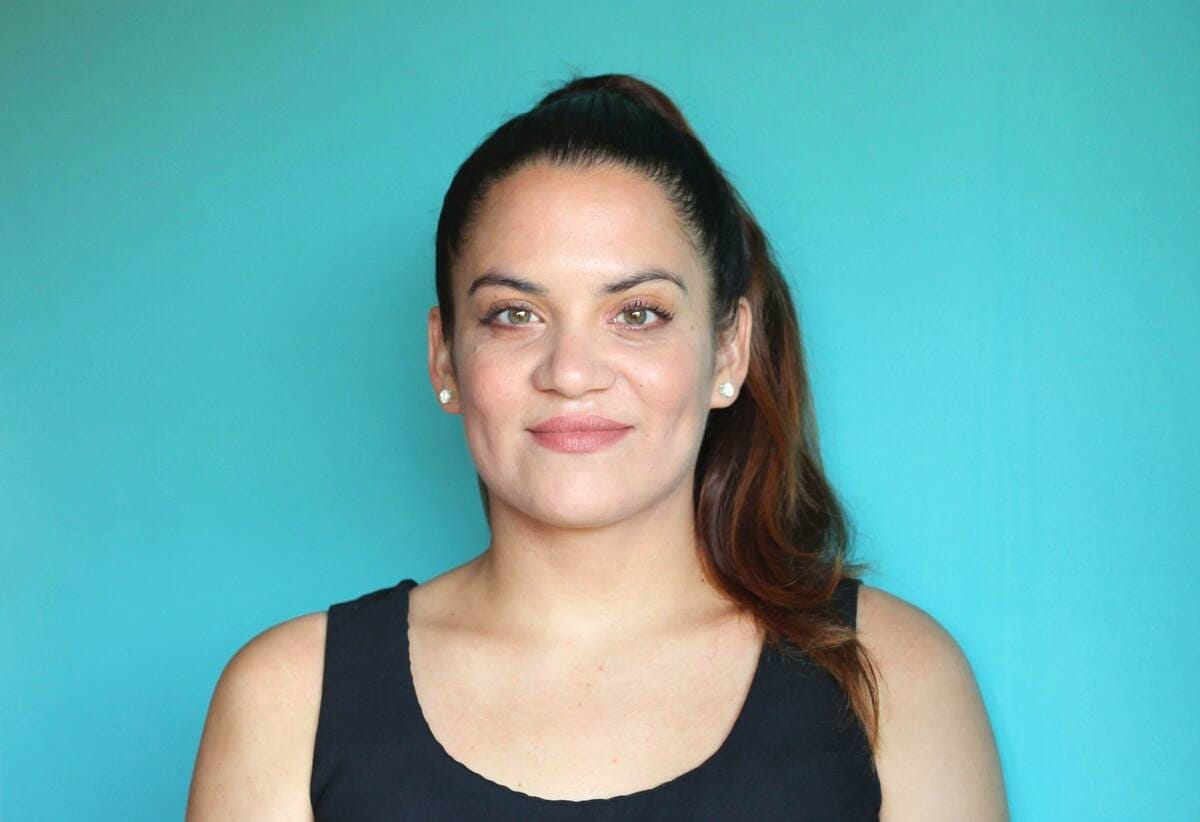
In a world that seems to be losing its symbolic strength, it's time to pause and reflect on the importance of rituals.
Rituals are special actions that can make us feel more connected to ourselves and to others.
How?
They help us change our emotional or mental state.
“What is a rite?” asked the little prince.
“It is something which is all too often neglected,” said the fox. “It is what makes one day different from other days, one hour from other hours. There is a rite, for example, among my hunters. Every Thursday they go dancing with the village girls. So Thursday is a wonderful day for me! I can take a walk as far as the vineyards. But if the hunters danced at just any time, every day would be like any other day, and I would never have a holiday.”
Antoine de Saint-Exupéry
For example, one of my favorite rituals "Las fiestas de San Juan" is celebrated on the night of June 23rd. in Spain.
I remember that friends and family went to the beach at night. We gathered around the bonfires and jumped over the flames.
The origins of the San Juan ritual are deeply rooted in both Christian and pagan traditions.
From a Christian perspective, it celebrated the birth of St. John the Baptist.
In pagan beliefs, the summer solstice was the time when the forces of nature were at their peak. At this moment, rituals were performed to honor the sun, fertility, and the abundance of nature.
I remember going to the beach at night with friends and family, gathering around the bonfires, and jumping over the flames.
Another lovely ritual that I've had the chance to live, is the ritual of a “Montessorian” birthday called “The Celebration of Life”. (For those who have never heard about Montessori before, It's a child-centered educational approach.)
First, the children, teachers, and family, sit in a wide circle around a candle that symbolizes the Sun.
The birthday child stands next to it, holding a globe that represents the Earth.
Then, the child walks as many times around the sun as their age while family members tell stories and show pictures about them.

In our fast-paced, ever-changing world, I find these practices are slowly fading away. Even if the names and celebrations still exist.
As the philosopher Byung-Chul Han says in his book "The Disappearance of Rituals”, we're living in the middle of a crisis of resonance.
He explains the difference between two concepts that are currently shaping our perspective:
Symbolic Perception: This is when people find value in repeating and focusing on familiar and symbolic experiences.
For instance, special ceremonies were held in ancient rituals to mark important events.
These rituals were carried out, in the same manner, each time, holding deep meaning and significance.
Serial Perception: This is when people are constantly searching for new and exciting experiences, without feeling satisfied.
A good example is the trend of binge-watching series. It's like having an insatiable thirst for consuming new and captivating content.
WHY IS THIS IMPORTANT?
The dystopic nature of this shift in our perception scares me a lot.
I often find myself caught in a never-ending quest for novelty. It seems like I need to be seeking something different without ever truly finding satisfaction.
While I'm not defending any old-fashioned dogma, It seems that the concentration and depth associated with rituals have been replaced by an insatiable thirst for “the new”.
WHY DO WE HAVE TO PRESERVE RITUALS?
Rituals function as landmarks.
They provide a sense of structure, create clear boundaries and prevent the"every day feeling the same"sensation.
For example, Sunday family dinners can serve as a ritual that strengthens family bonds and fosters a feeling of togetherness.
Rituals help us connect with something bigger than ourselves.
Some rituals are associated with specific ceremonies or spiritual practices. Attending these rituals can provide a feeling of being part of a larger community or tradition.
They are a tool for introspection.
When we engage in rituals, we have the opportunity to observe our resistance, emotions, and areas where we can make positive changes in our lives.
For instance, when we approach a ritual with joy and faith rather than self-sabotaging thoughts, we can experience different results and cultivate personal growth.
Rituals can enhance our experiences by creating anticipation.
When we incorporate rituals into special occasions, such as counting down the days to a birthday, we build excitement and make everything more meaningful.
Rituals cannot be replaced by “routines”.
While the terms "routine" and "ritual" may sometimes be confused, it is important to distinguish between the two.
Routines are often associated with completing tasks in a mechanical manner to achieve specific goals. It is more focused on completing necessary tasks efficiently.
Rituals are intentional, with each action serving the purpose of setting a positive tone for the action to be completed, connecting with oneself, and promoting well-being.
For example, the act of starting the day.
A person may have a morning ritual where they wake up early, light a candle, spend a few moments in quiet reflection, and then engage in a physical exercise or stretching routine.
In contrast, a morning routine may simply involve waking up, brushing teeth, taking a shower, having breakfast, and getting ready for the day without any particular emphasis on mindfulness or the deeper meaning behind these actions.
In a world that often prioritizes constant change, it is essential to preserve the value of rituals.
These special actions have the power to provide structure, create connections, foster personal growth, and bring meaning to our lives.
By embracing rituals and incorporating them into our routines and traditions, we can rediscover a sense of depth, resonance, and fulfillment that goes beyond the superficial pursuit of the "new."
Katja Zandecki.
